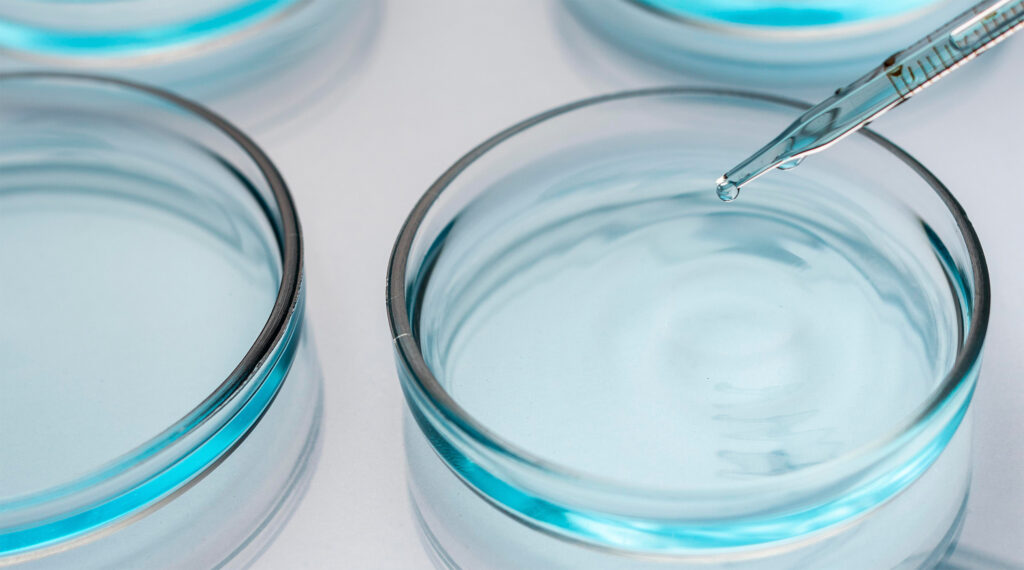Within the two classes of cell therapies, there are many disease targets, such as cardiovascular, neurologic, skeletal, and oncologic. The cells used for cell therapies may be autologous or allogeneic, or they could be multicellular and use a combination of both autologous and allogeneic cells. Regardless of the cell type, the cell cultures for therapy are complex and susceptible to contamination by mycoplasma.
When to Test
Per FDA and global regulatory guidelines, mycoplasma testing is a requirement of all final cell therapy products, and it is important to recognize potential mycoplasma contaminations early in the cell therapy manufacturing process. As there are nuances to the manufacturing processes of each of the different cell therapies, mycoplasma testing needs will vary and should be assessed before the start of the manufacturing process.
In addition to testing the separate cell lines and culture reagents, the culture should be assessed for mycoplasma contamination after every new passage. It’s imperative and required to test the final material before the cells are reinfused in the patient to ensure the integrity and biosafety of the product. For critical products such as cell therapies, rapid testing solutions should be considered.

Allogeneic, Autologous, Multicellular
Allogeneic therapies were the first type of cell therapy. This type of cell therapy involves donor cells. Donor cells may undergo culture, genetic reprogramming, and differentiation during the manufacturing process before being administered to the patient. The donor cells are a potential source of mycoplasma, so it is recommended to test the cells before their use in the laboratory. Further, the reagents used for culture and any other manipulation of the cells should also be assayed for mycoplasma before use with the cells. As donor cells are a limited reagent, it is especially important not to risk contamination.
In contrast to allogeneic therapies, autologous therapies involve cells harvested from the patient. Like allogeneic cells, autologous cells may undergo culture, genetic reprogramming, and differentiation before being re-introduced to the patient. The autologous cells are also susceptible to mycoplasma contamination.
Multicellular therapies involve the use of two or more different cell lines. Multicellular therapies are often used in immunotherapies to invoke a robust immune response at the site of diseased tissue. Multicellular therapy is an evolving area of biotechnology, and the manufacturing process is complex. In a multicellular therapy, the cell lines may be a mix of autologous and allogeneic. In this case, it is especially important to have traceability of each cell line to understand where potential contaminations may occur.
Cell therapies are a complex type of therapy with evolving technology, manufacturing processes, and therapeutic potential. To ensure the therapies meet their efficacy potential and meet the safety requirements of the FDA and global regulatory authorities, it is important to have a thorough mycoplasma testing program in place for the cell therapy manufacturing process.